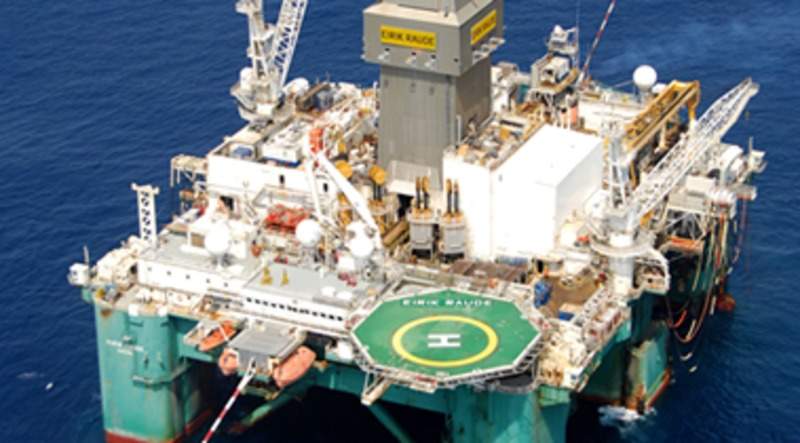
British oil and gas company Tullow Oil is reportedly planning to step up its production in Ghana to 180,000 barrels per day (bpd) by the end of 2018.
The company aims to increase its production to 180,000bpd from the existing level of around 170,000bpd, following the successful drilling of additional wells, Reuters reported citing Tullow Oil Ghana head Kweku Awotwi.

Discover B2B Marketing That Performs
Combine business intelligence and editorial excellence to reach engaged professionals across 36 leading media platforms.
At an investor briefing in Accra, Awotwi stated that Tullow will use near-field resources to maintain peak production from its two producing oilfields in the African nation.
The company also intends to leverage additional exploration acreage to strengthen its position in the country.
Tullow operates two offshore fields, Jubilee and Tweneboa Enyenra Ntomme (TEN), in the country, with 35.48% and 47.18 % interests, in the fields respectively.
Kosmos Energy, Anadarko Petroleum, Ghana National Petroleum and Petro hold the remaining interest in the fields.

US Tariffs are shifting - will you react or anticipate?
Don’t let policy changes catch you off guard. Stay proactive with real-time data and expert analysis.
By GlobalDataJubilee and TEN are estimated to hold aggregate reserves of 1.5 billion barrels, with respective peak outputs of 120,000bpd and 80,000bpd.
Awotwi was quoted by the news agency as saying: “We are close to getting to plateau production and we are excited about the potentials.”
The company expects to bring five new wells onstream in the coming six months.
In addition, Awotwi told Reuters that the company is engaged in discussions with the Ghanaian Government over its plans to bid for additional oil assets.
Earlier this month, Ghana launched its first oil licensing rounds.
Founded in 1985, Tullow Oil has interests in more than 80 exploration and production licences across 16 countries.





